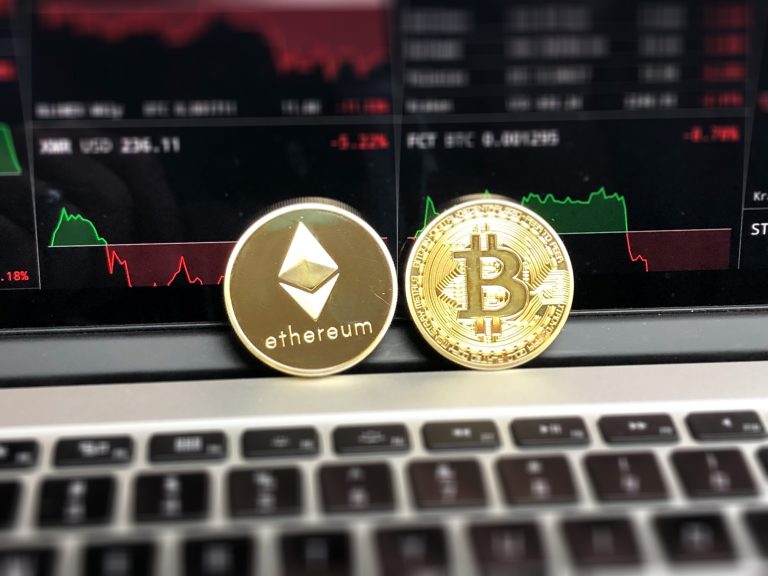Germany fears military aggression. Most want to restore compulsory military service

The change in the geopolitical situation has influenced the attitudes of German citizens, which is reflected in a survey conducted for “Welt am Sonntag”.
Research shows that 60 percent Germans support the restoration of compulsory military service. Defense Minister Boris Pistorius is expected to soon present detailed plans for a new model of military service, which may include mandatory elements.
Mandatory military service in Germany?
Despite public support, politicians from the ruling coalition, which includes the SPD, the Greens and the FDP, express opposition to this idea. Compulsory military service was suspended in Germany in 2011, but current geopolitical challenges are prompting a renewed discussion on the issue.
The YouGov poll shows that the greatest support for restoring compulsory military service is among CDU/CSU supporters (72%), as well as among supporters of the SPD (66%), Alternative for Germany (64%) and FDP (62%). . Support for this idea also increases with the age of respondents.
The Bundeswehr is currently struggling with recruitment problems. According to “Der Spiegel” magazine, the planned NATO reforms may require an increase in the number of Bundeswehr soldiers from the current 203,000. to a number exceeding 272 thousand Minister Pistorius plans to present detailed proposals for changes on June 12.
Layoffs in German Companies
Several large German companies have carried out a significant wave of layoffs this year. The layoffs affected companies such as Bosch, Continental, ZF, Deutsche Bank, SAP, Vodafone, Bayer, Evonik and Thyssenkrupp Steel. Siemens Gamesa, a Spanish company owned by Siemens Energy, announced the layoff of up to 4,000 people. employees.
Recently, the media reported a difficult situation in a construction company from Hannover, Soli Infratechnik, specializing in laying fiber optics. This company filed for bankruptcy in May, which may result in the loss of jobs for 700 people. Soli Infratechnik, an important player on the market, cooperates with Deutsche Glasfaser and Telekom.
The German economy, despite remaining the leading one in the European Union, has run out of breath. Economic production is currently at a level only slightly higher than before the pandemic, and productivity is stagnant. Continued uncertainty about economic policy is affecting corporate investment, which is likely to remain at 2017 levels despite the expected recovery in the coming year.
Economic growth this year is expected to be only 0.1%. Given this situation, further group layoffs should be expected, also in international corporations.






